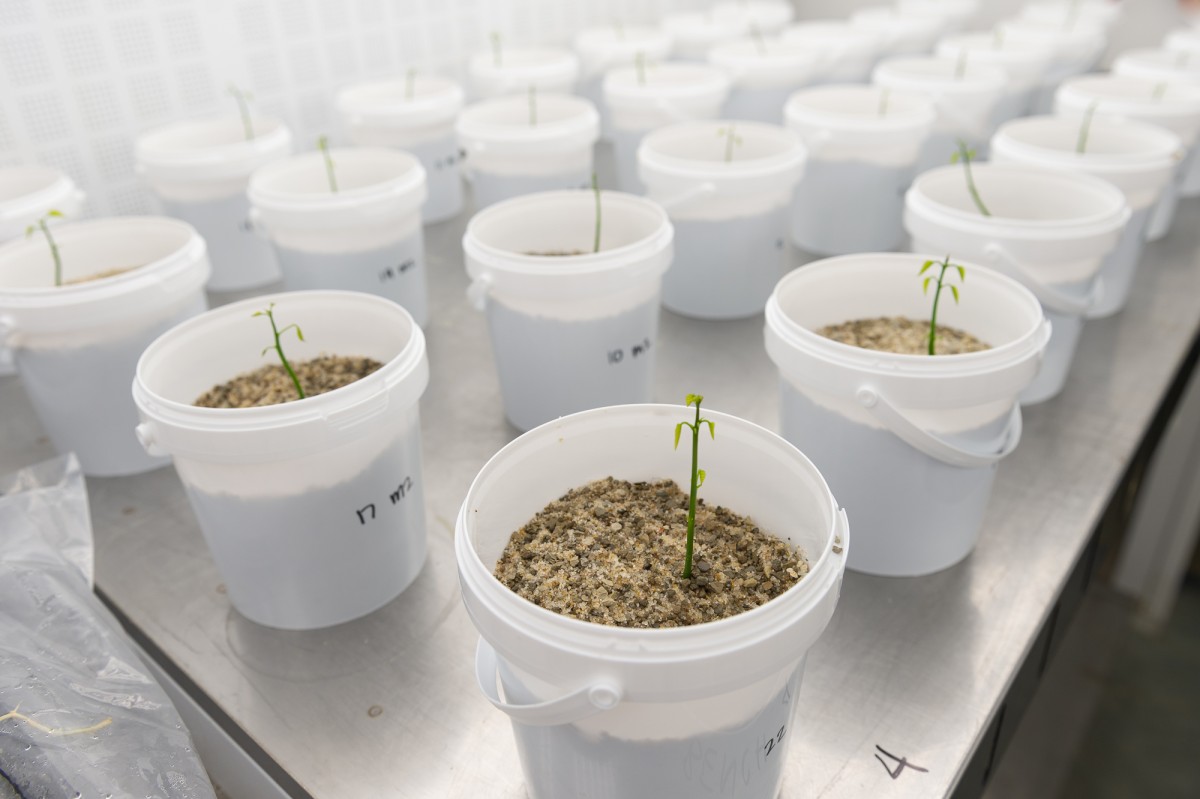Article in Journal of Environmental Management
Researchers across the United Kingdom and Zambia publish findings on Pongamia

Journal of Environmental Management Publishes Comprehensive Review of Pongamia
September 2022
Researchers from the University of Reading, the University of Bradford and the University of Zambia have evaluated the multiple benefits of Pongamia pinnata and published their findings in Elsevier’s Journal of Environmental Management.
The comprehensive review assessed Phyla’s pilot project regenerating degraded land in the Copperbelt of Zambia. Of the report, the lead author, Erika Degani, PhD said, “Our study can act as a source of valuable information for researchers and other actors interested in harnessing the multiple applications of Pongamia… it sheds a light on the potential of Pongamia to form part of a circular bioeconomy with multiple environmental and socio-economic benefits.”
Abstract summary: Pongamia pinnata (L.) Pierre (Pongamia) is a tree native to Southeast Asia. Recently, interest in Pongamia focused on its potential as a biofuel source as its seeds contain around 40% oil. However, Pongamia has multiple applications beyond biofuel production. It is a legume, can form symbiotic associations with mycorrhizal fungi, has been shown to be tolerant to drought, salinity, and heavy metals in soil, and has potential to mitigate climate change. Additionally, Pongamia oil has medicinal properties, can be used as biopesticide, insect repellent, to produce soap, and as a source of edible grade vegetable oil. The seed cake can be used as a source of bioenergy, food and feed protein, and organic fertiliser, and the flowers are a good source of pollen and nectar. Pongamia can also bring socio-economic benefits as its ability to restore degraded and contaminated land provides opportunities for local communities through novel valorisation pathways. These multiple applications have potential to form part of a circular bioeconomy in line with sustainable development goals. Although research on the multiple applications of Pongamia has grown considerably, knowledge gaps remain and these need to be addressed so that the full potential of Pongamia can be achieved. Further understanding of the mechanisms underlying its resilience to abiotic stresses, phytoremediation potential and biotic interactions should be a priority, and coordinated breeding efforts will be key. Here, we critically review the available literature on Pongamia and highlight gaps in knowledge in which future research should focus on to ensure that the full potential of this versatile tree can be achieved. We conclude that Pongamia can potentially form part of a circular bioeconomy and that harnessing the multiple applications of Pongamia in a holistic manner, with collaboration among key stakeholders, is crucial for the successful application of its benefits far beyond biofuel production.
For further details, please see the full published paper: A critical review of Pongamia pinnata multiple applications: from land remediation and carbon sequestration to socioeconomic benefits. https://centaur.reading.ac.uk/107584/1/1-s2.0-S0301479722018709-main.pdf
